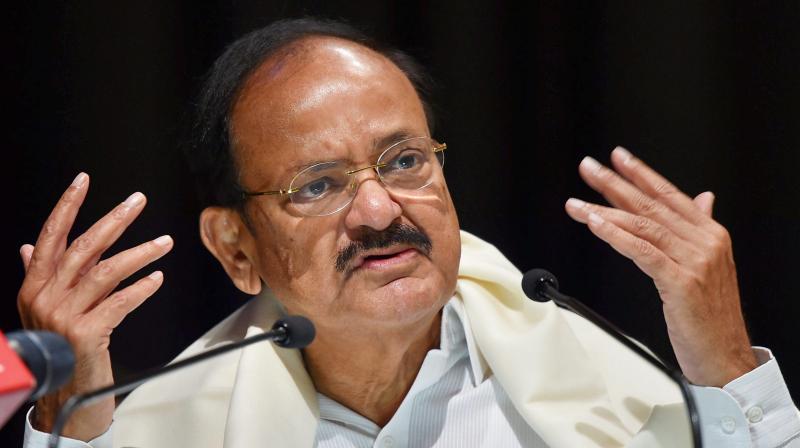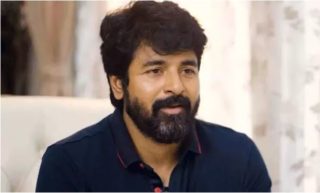 HYDERABAD: Vice-President M. Venkaiah Naidu on Monday praised DRDO scientists and engineers for taking India close to self-reliance in missile technology with their hard work and perseverance.
HYDERABAD: Vice-President M. Venkaiah Naidu on Monday praised DRDO scientists and engineers for taking India close to self-reliance in missile technology with their hard work and perseverance.
After inaugurating two new facilities at the Dr A.P.J. Abdul Kalam Missile Complex here, he visited the exposition of technologies by Missile Complex Laboratories and said that he was elated to see the indigenous products.
“I felt reassured about the security and capability of the country given the tremendous progress made by DRDO scientists in developing self-reliant missile technology,” Naidu said.
He expressed confidence that DRDO experts will ensure that Atmanirbhar Bharat will attain a position from where the world will be Bharat Par Nirbhar (dependent on India).
Noting that the Akash missile system has recently been put into the negative list of items for import by the defence ministry, he called it a commendable achievement by the DRDO.
“It means that India is now self-reliant in this kind of missile system and so the armed forces need not import similar missile systems”, he said.
Referring to the limitations faced by India in having access to high-end missile technology of developed countries prior to the signing of Missile Technology Control Regime (MTCR) in 2018, he said that DRDO turned this crisis into an opportunity by developing a range of indigenous missile systems. India, he said, was now trying to shift its status from being one of the largest importers of defence products to one of the top exporters of defence items.
Referring to the rapidly changing technological landscape, the Vice-President asked DRDO to redefine its focus on strategic defence technologies and outsource activities that can be carried out by capable private sector participants.
Maintaining that India’s fight against Coronavirus tells a successful story of containing the virus, Naidu said that Indian heroes in this fight were police forces, medical fraternity, scientists and technologists and providers of essential commodities and services.
























